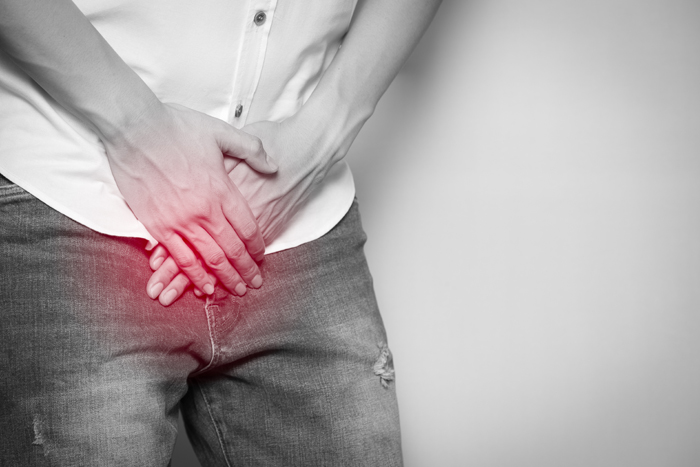Urine incontinence Treatment & Diagnostics in Sadashiv Peth, Pune
Urine incontinence
Urine incontinence refers to the loss of control over the bladder. It can also be explained as involuntary leakage of urine. Urine incontinence is quite a common condition that puts a person in an embarrassing situation. It is more often present among people who are aged. It is more common in women than in men. Urinary incontinence may affect your daily lifestyle and activities. The extremity of the condition may vary from a slight leaking which sneezing or coughing to total loss of control over the urinary sphincter. The condition may be temporary or chronic and this depends on the cause of urinary incontinence.

What are the Types of Urine Incontinence?
Broadly divided into three types, urine incontinence can be classified as:
- Stress incontinence, wherein the control over the bladder is lost due to certain physical activities such as coughing, sneezing, laughing, or exercising. These activities may put stress over the sphincter muscles causing the muscles to release urine unwillingly.
- Urge incontinence, wherein control over the bladder is lost after an experience of a strong urge to urinate and you may not be able to reach the bathroom in time.
- Overflow incontinence, wherein the leakage of urine takes place when the bladder is not completely emptied. This is also known as “dribbling.”
- Other types can be:
- Total incontinence, where the control over the bladder is completely lost
- Mixed incontinence involves a combination of different types of incontinences
- Functional incontinence, wherein the leakage takes place due to mobility issues.
What are the Causes of Urine Incontinence?
There can be various causes responsible for urinary incontinence. Some common causes can be listed as:
- Enlarged prostate
- Damaged pelvic floor muscles
- Obesity
- Neurological conditions, such as multiple sclerosis (MS), stroke, or Parkinson’s disease
- Pregnancy or childbirth
- Menopause
- Cancer
- Infections related to urinary tract (UTI)
- Kidney stones
- A fistula
- Constipation
- Inflammation of the prostate
- Interstitial cystitis
- Injury in the spinal cord
What are the Symptoms of Urine Incontinence?
The most important symptom of urine incontinence is the unwanted leakage of urine. The leakage may vary depending on the type of incontinence.
What are the Risk Factors involved with urine incontinence?
Urine incontinence can be accompanied by several risk factors such as:
- Smoking
- Obesity
- Old age
- Prostate diseases
- Gender
- Conditions such as diabetes, spinal cord injury, stroke, etc.
When to See a Doctor?
You should seek medical help immediately for controlling urine incontinence if there is a total loss of bladder control and the following systems persist:
- Trouble walking
- Loss of bowel control
- Loss of consciousness
- Weakness
- Tingling sensation anywhere in the body
Request an appointment at Apollo Spectra Hospitals, Pune
Call 1860-500-2244 to book an appointment
What are the Treatment Options for Urine Incontinence?
The treatment is recommended depending on the causes of urinary incontinence. This may be diagnosed with the help of a blood test, urinalysis, a physical exam of the pelvic floor muscles, pelvic ultrasound, stress test, cystogram, and the like.
Your doctor may recommend certain exercises related to the pelvic floor or bladder training.
Depending upon the cause your doctor may also recommend treatments involving medications and surgery.
What are the measures you can take to treat Urine Incontinence?
Certain measures can be taken to control urine incontinence such as:
- Scheduling toilet trips
- Taking up bladder training
- Managing food and liquid diet
- Practicing pelvic floor muscle exercises
The overall bladder may or may not include urine incontinence as a part of it. It refers to the urgency to urinate.
Yes, three types of surgeries can be chosen to treat urine incontinence, namely; sling surgery, urethral bulking, and Colposuspension.
Our Top Specialities
NOTICE BOARD
CONTACT US
CONTACT US
 Book Appointment
Book Appointment


.svg)
.svg)
.svg)
.svg)








